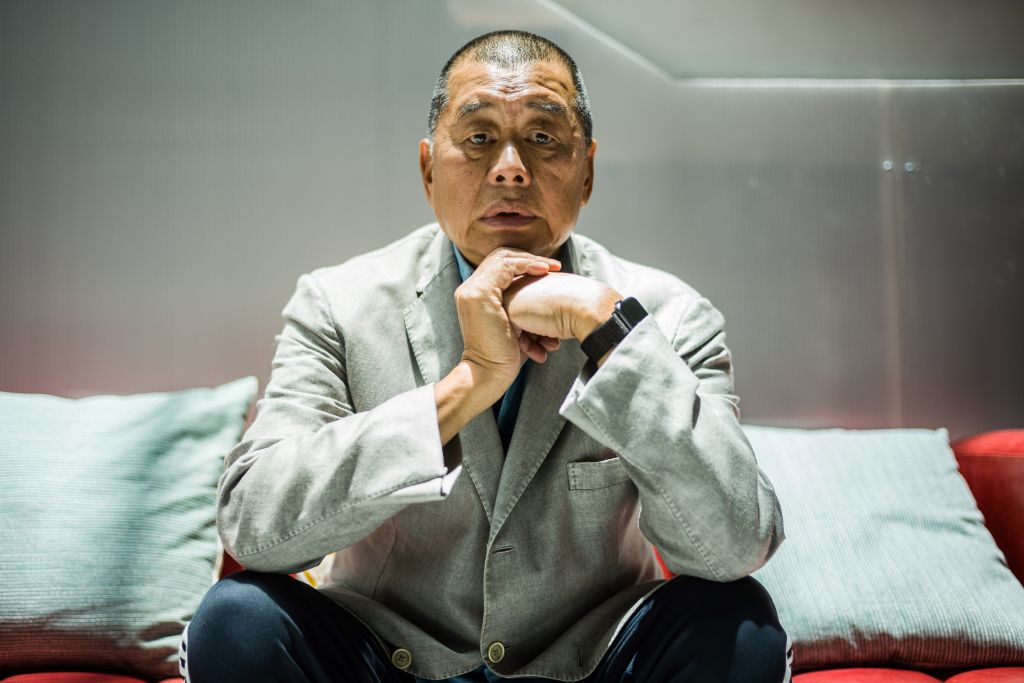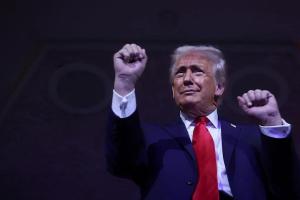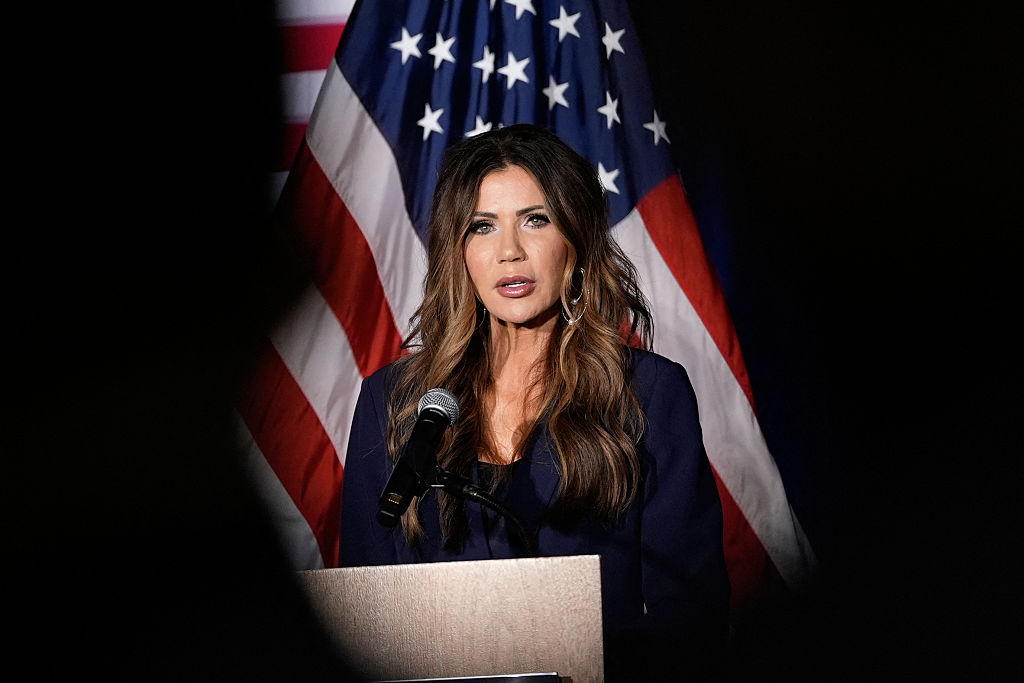Forty years ago this Christmas I visited Hong Kong for the first time — a few days after the signing in Beijing of the Sino-British Joint Declaration that sealed the former colony’s transfer to mainland rule in 1997. It was a moment of apprehension, but at least the timetable had been set. And how lucky I was to have experienced that extraordinary outpost as it was then, in such contrast to what China’s masters have made it now.
The Christmas Day service in St. John’s Cathedral, overhead fans stirring the turbid air, was a poignant glimpse of Hong Kong’s past. Norman Foster’s Hongkong Bank building, the most expensive in the world at the time, was approaching completion as a symbol of commercial confidence in the future. But this was still a rough-edged city of rattling trams, hanging ducks and cursing Cantonese taxi drivers; the high-adrenaline Hong Kong created by the low-tax laissez-faire of its financial secretary Sir John Cowperthwaite in the 1960s and the industriousness of a huge influx of mainland immigrants in the 1970s.
Undemocratic, certainly; corrupt in parts. But British governance was benign, the rule of law prevailed, business flourished and the press was free: this was the heyday of the Far Eastern Economic Review, reporting fearlessly from across the region. And how right was the late Sir Henry Keswick, taipan of his family’s Hong Kong-based trading house Jardine Matheson during the later years of Mao’s cultural revolution, to have labelled the Chinese leadership, ahead of their 1997 takeover, a “thuggish, oppressive regime.”
How right also was Lord (Chris) Patten, whom I interviewed for The Spectator in 1995 as Hong Kong’s last governor, to have said when I bumped into him in Oxford not long ago: “I told you so.” He had warned that Beijing’s party bosses would never keep their Joint Declaration commitment to preserve Hong Kong’s relative freedoms for 50 years; with the passing of the repressive national security law (NSL) in 2020, they definitively trashed that promise.
All this was brought to mind by the arrival of The Troublemaker, a biography by Mark Clifford of the jailed Hong Kong newspaper publisher, pro-democracy campaigner and UK citizen Jimmy Lai, which is top of my Christmas reading list. The blurb calls Lai “China’s most feared critic [and] most famous political prisoner”: held since 2020 on a basket of NSL-related and what appear to be trumped-up fraud charges, he has been on trial for the past year.
At 77 and in poor health (a concern raised to no obvious effect by Sir Keir Starmer with president Xi Jinping at the recent G20 meeting in Brazil), Lai has scant hope, barring a Trump intervention, of regaining his freedom. Western media coverage of his case, as well as those of 45 other pro-democracy activists sentenced for subversion last month, is so patchy as to suggest growing belief that their cause is lost. But that cannot be right: we must not forget Hong Kong, past or present.


























Leave a Reply